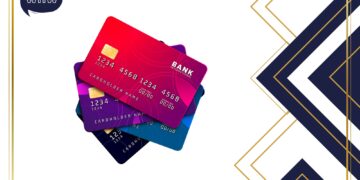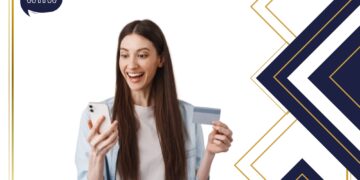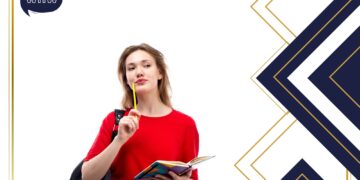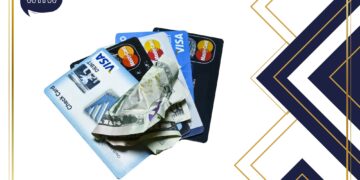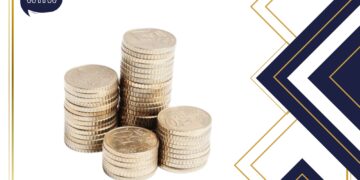What is a credit card and how does it work?
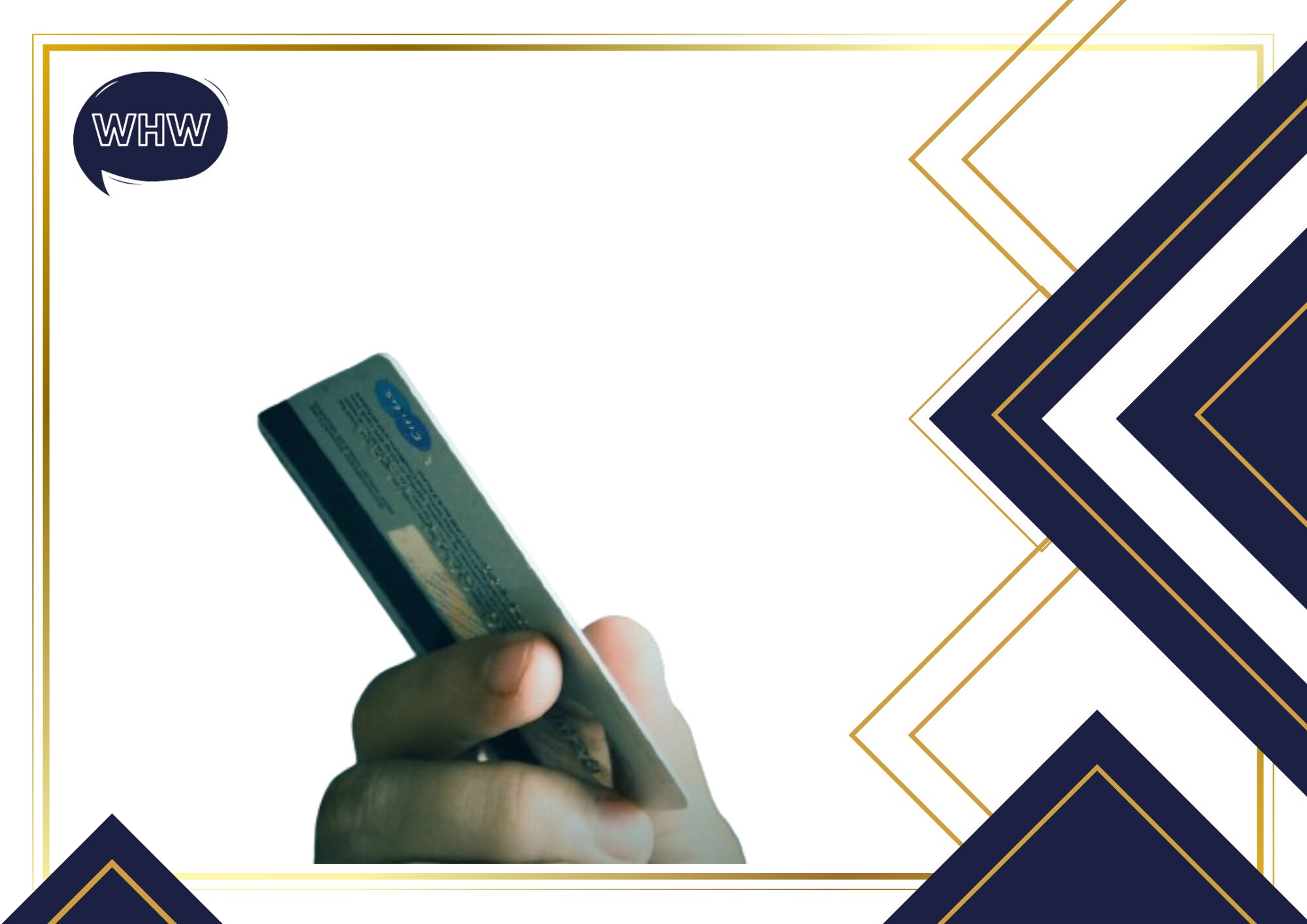
Knowing how a credit card world is really important. This instrument is an amazing way when you have unexpected expenses or any emergency. If you want to know how a credit card works and how you can make the best out of it, you are in the right place, keep reading.
What is a credit card?
It’s a financial instrument that allows you to borrow money over a shorter period of time to pay for goods or services. You can do this using a plastic card or virtually, with the rise in popularity of e-commerce. A credit card works with a type of credit called revolving credit. This is a type of credit that can be used over and over again, combined with a plastic or virtual card that will be the key to accessing the credit.
When making a purchase, you simply present the credit card, entering a password or with contactless payment, to be used at a sales terminal to approve the purchase. Your credit card company will pay the merchant the amount, minus a small fee.
After the purchase is completed, you need to pay the amount to the credit card provider in a given period of time. Your provider will give you a deadline that you need to complete. Depending on the provider, you can have different deferred payment options. Interest rates will be applied over the amount of the credit given. Some cards, called service cards, require full payment.
All businesses that accept credit cards work by connection to different processing networks, the most popular ones being Visa, MasterCard, American Express. These are available in most countries around the world.
Which is the difference between a credit card and a debit card?
A debit card is used to operate with the funds in a current or savings account, and the limit you can operate with is the amount of money you have saved. Credit cards, on the other hand, offer you a line of credit that you can use to make purchases with borrowed money. Your credit provider will give you the maximum amount of money you can spend. It will also give you a deadline for repaying the money.
How does a credit card work?
Credit cards use a type of credit called revolving credit, which can be used several times. They also work with a plastic or virtual card that gives you access to credit. When you make a physical purchase, you have to use the plastic card at a POS, either with a password or contactless payment. Your supplier will pay the amount to the merchant, after deducting a small fee.
To understand how a credit card works, you need to understand some terminology relating to credits and deferred payments. The first is the minimum credit card payment. This is determined by taking a portion of the balance on the due date. Normally, this payment has a minimum amount to keep the credit going. However, it’s good practice to pay off the balance as quickly as possible to keep interest at bay.
The most common types of credit cards do not require you to pay your balance in full each month. On the other hand, they require a minimum monthly payment. Your creditworthiness, credit limit and current balance determine this amount.
If you pay only the minimum, interest begins to accrue on the remaining balance. This makes it easy for credit card debt to start accumulating – minimum payments can be a trap!
Next up is the credit card deadline. This is the day on which your bank or financial institution calculates the minimum payment you have to make. So all purchases made in that period will be taken into account when calculating the minimum payment and interest.
Next is the limit of the credit. This is the maximum amount of credit that your bank will give you to use with your credit card. Several factors are involved in the calculation of your credit limit, among them we can mention your earnings and your capacity of payment. This is calculated when you request your card. Depending on your credit behavior, your bank will make modifications to your credit limits.
Your credit limit is a restriction, not a goal. Excessive use of your credit line hurts your score and reporting. That’s because it impacts your credit utilization ratio.
However, on the other hand, using your credit card correctly and consciously can earn you rewards and other bonuses that vary according to the credit card provider.
Next we have the ending balance. This is the amount you owe to your bank when the cutoff date arrives. It is calculated by adding your previous balance with the purchases you have made during the month. To this we subtract any payments we have made prior the cut-off date. You can make a payment to avoid interest generation. This is the amount you must pay to avoid finance charges; if you have no previous balance, it will match your total purchases for the month.
One of the most important things of a credit card, and any credit, are the interests. Financial institutions charge interest for financing when the balance is not paid in full at the cutoff. For this purpose, the bank calculates the average daily balance due and multiplies it by the interest rate stipulated in the credit card contract. Banks and financial institutions can higher interest rates when the client show erratic payment behaviors.
Credit card cash advance
- Cash advance allows you to use your credit card to withdraw cash against your card’s credit line. This offers you flexibility when you need cash, but there is a trade-off. Usually there are higher fees and interest rates involved in cash advance operations.
Credit card late payments
- This is an amount set by the bank and is applied when you pay after the due date. To this amount is added the interest generated by paying after the due date. It is highly advisable to avoid late payments, so make sure you can fulfill all your payments so you don’t incur unnecessary fees. Besides, paying your card on time will make you eligible for rewards from your financial institution.
Using your credit card for online purchases
If you want to make an online purchase, you will need to use specific information from your card. Obviously you will need the card number alongside its expiration date. You will also need an additional number called Card Verification Value, known as CVV. Depending on your provider this number will be static, or can be generated dynamically. All of this information will be required by the payment processor of the online merchant.
Digital purchases are recorded in the same way as traditional charges, i.e., the amount you have spent is taken directly from your credit line and becomes part of the balance to be paid. Once the debt is covered, the balance is released.
Negative balance on a credit card
This happens when you have exceeded that credit limit available in your card. You have used more funds than the maximum available.
Can you have an additional credit card?
Additional credit cards are cards that are linked to the primary account and have similar benefits. The primary card user is responsible for both the primary and additional balances because these additional credit cards can access the primary credit line.
Good credit card usage practices
Credit cards are a useful tool for generating credit when used correctly. Credit card companies report payments made by customers to the credit bureaus each month. You can get good credit if you always pay on time.
Besides making your payments on time, there are additional things you can do to make sure you are following good credit practices. The first thing you need to do is to try to always make payments bigger than the minimum required, if possible, try to pay the complete balance every month. Make sure you check your statements with detail so you can be sure you recognize all charges. This is helpful to identify any identity theft.
Risky habits associated with the use of credit crads
There are bad habits that can cause credit and debt problems if you are not careful. If you don’t have enough money in your budget and you rely on credit cards for everyday purchases you could run into problems, especially if you don’t consider whether you can pay off the debt.
Making purchases that you know are out of your budget because you really want those items right now, or buying on impulse without thinking about it because you have a credit card.
Summary
Credit cards are a useful tool if you use them wisely. We have seen how they work and have shown you things that you should definitely avoid when using them. Be conscious and never go beyond what you can really pay. Make sure you can pay off all of your rewards credit cards each month. This helps maximize the benefits of using a rewards card.
